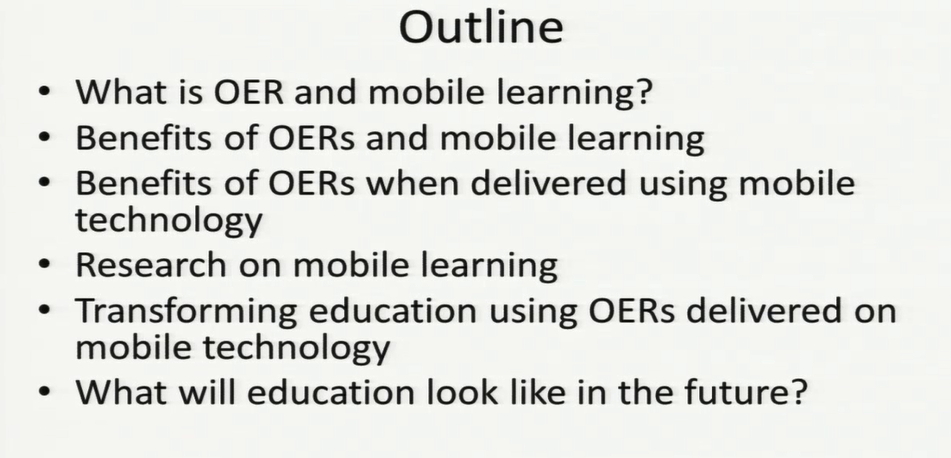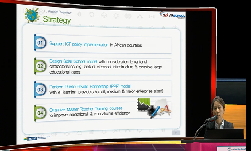This dissertation studies a group of exercises at the center of Renaissance literary practice, from the elementary study of Latin and Greek to the higher achievements of vernacular imitation. By documenting the influence of an extraordinary chapter o...
http://chineseinput.net/에서 pinyin(병음)방식으로 중국어를 변환할 수 있습니다.
변환된 중국어를 복사하여 사용하시면 됩니다.
- 中文 을 입력하시려면 zhongwen을 입력하시고 space를누르시면됩니다.
- 北京 을 입력하시려면 beijing을 입력하시고 space를 누르시면 됩니다.
https://www.riss.kr/link?id=T11419663
- 저자
-
발행사항
[S.l.]: Columbia University 2007
-
학위수여대학
Columbia University
-
수여연도
2007
-
작성언어
영어
- 주제어
-
학위
Ph.D.
-
페이지수
256 p.
-
지도교수/심사위원
Adviser: Kathy Eden.
-
0
상세조회 -
0
다운로드
소속기관이 구독 중이 아닌 경우 오후 4시부터 익일 오전 9시까지 원문보기가 가능합니다.
부가정보
다국어 초록 (Multilingual Abstract)
This dissertation studies a group of exercises at the center of Renaissance literary practice, from the elementary study of Latin and Greek to the higher achievements of vernacular imitation. By documenting the influence of an extraordinary chapter of Quintilian's Institutio oratoria, partly through the humanist reception of Aphthonius' Progymnasmata, I show that a series of grammar school exercises called the "rudiments of eloquence" was foundational in sixteenth-century literary education. The rudiments furthermore demonstrate a vital interdependence of pedagogy and poetry, and several poems of the late sixteenth century show how central the school was in the way English poets imagined their literary work. At the core of these exercises were three genres that greatly illuminate Renaissance methods of imitation: animal fable, verse maxim, and poetic narrative. In the exercise of "reading aloud," the animal fable was a basic means of developing purity of style and introducing character-based decorum. In the more advanced exercise of "paraphrase," describing the characters of animal fables was a means of creating pleasure and vividness, that all-important element of persuasion. Sharing the moral content of fables, verse maxims likewise played a crucial role in perfecting literary style and exerted particular influence because of humanist methods of teaching Greek by "translation." As I argue in a final chapter on "refutation," the exercises in reading aloud, paraphrase, and translation developed skills that were requisite for advanced forms of academic controversy. Because of their technical situation on the threshold between the grammar school and the school of rhetoric, and between childhood and young adulthood, the rudiments had an important social as well as theoretical dimension in Renaissance literature. Spenser's "Februarie" eclogue from The Shepheardes Calender and Virgils Gnat, his translation of the Virgilian Culex, Marlowe's Hero and Leander, and Shakespeare's Lucrece show a common interest in the school exercises as means of both literary and social development. The rudiments of eloquence are key to understanding sixteenth-century literary practice, from developing skills in the grammar school to advertising those same skills to a potential employer or patron.
분석정보
연관 공개강의(KOCW)
-

Education Policy at the Party Conferences
Teachers TV Teachers TV -

Further Education: Work Experience
Teachers TV Teachers TV -

2014 이러닝 국제 콘퍼런스 : Open Education Resources with Mobile Learning to Transform Education
한국교육학술정보원 Mohamed Ally -

2014 이러닝 국제 콘퍼런스 : What is the Lessons from Education Support Project~
한국교육정보진흥협회 Boseon, Kim -

Personal Finance Education: The Money Quiz
Teachers TV Teachers TV






